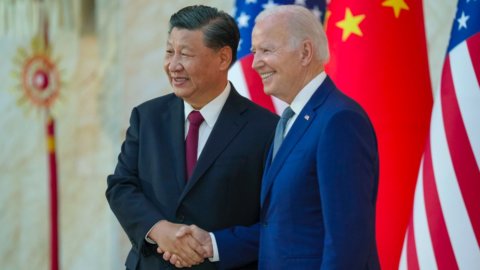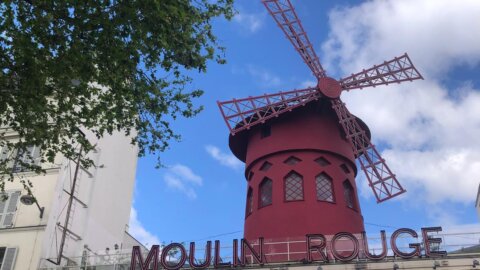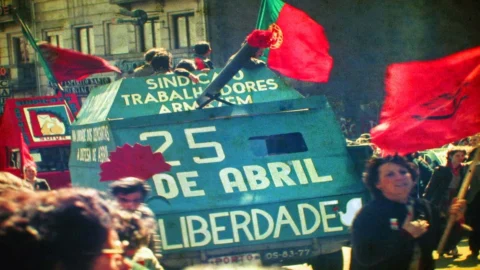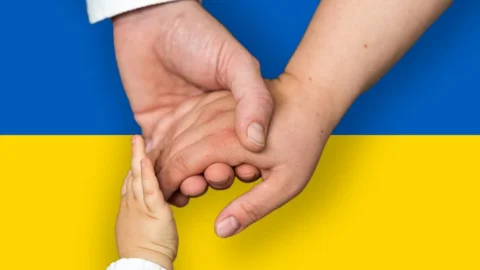The die is (almost) cast. Last week, the Superior Electoral Tribunal of Brasilia officially registered the lists of candidates for the next presidential elections, the first round of which is scheduled for October 7. The focus was all on Squid, who has been leading the polls for months and as promised several times has run for office, despite still being held in Curitiba prison where he must serve a (definitive) 12-year sentence for passive corruption and money laundering. The former president and historic leader of the workers' party it even got the go-ahead from the UN human rights committee, who urged the Brazilian institutions to let Lula participate in the presidential race, despite his legal affairs. The UN asks "not to prevent him from standing as a candidate in the 2018 presidential elections, until his appeals before the courts have not been completed in a fair judicial proceeding".
Under Brazilian law, candidates with a confirmed conviction cannot hold office for eight years, but a conviction does not prevent them from campaigning. So while waiting for the appeals, Lula is regularly in the running and his story in due proportions recalls that of Silvio Berlusconi, who ran the electoral campaign in the last elections although awaiting the outcome of an appeal on his eligibility. The Supreme Electoral Tribunal, which has accepted the candidacy for now, has until September 17 to evaluate Lula's position: on that date the 72-year-old politician could be excluded, but any decision will once again be open to challenge before the Supreme Court brazilian.
Meanwhile, the electoral campaign has begun, and according to many observers this will be the most uncertain vote since there has been democracy in Brazil. Not only because of the doubts about Lula's eligibility, but also because there are no less than 13 candidates for the presidential office and if none of them - as expected - reaches 50% in the first round, there will be a very uncertain runoff. Polls give Lula in the lead with about 20%, even if the largest party is that of the undecided and possible abstentions: it seems that to date almost one in three Brazilians, 30%, has no idea who to vote for. If the president of Brazil's golden years is ahead (but he may have to give up), the prices of Jair Bolsonaro, the "Brazilian Salvini", 63-year-old former army general, Paulista, credited with 17% approval, are also on the rise. If Lula were to surrender, Bolsonaro would even become the favourite.
The ecologist is also in a good position Marina Silva, originally from the Amazon and defeated by Dilma Rousseff in the 2010 elections. Silva is 60 years old, has very humble origins (she is a former illiterate) and despite being an evangelical she declares herself in favor of gay marriage and not against the legalization of abortion . The polls give her 10% (which becomes 15% without Lula), although the support given to the right-wing candidate Aecio Neves in 2014 and the fact that he voted to impeach Dilma in 2016. Immediately behind her is the former governor of the state of São Paulo, Geraldo Alckmin, considered the candidate of the establishment and credited with a 7-9% approval rating.
At 6% in the polls there is Ciro Gomes, a former exponent of the workers' party and former minister with Lula: he is considered Lula's possible "reserve", so much so that his quotations, in the event of the historical leader's non-candidacy, would double to 12%. Left is also emerging William Boulos, young leader of the socialism and freedom party: the 36-year-old Paulista is also known for his commitment to the Movimento dos Trabalhadores Sem Teto, the movement of homeless workers. He was arrested several times, for episodes of civil disobedience and for inciting violence, but always released and cleared of the charges.





